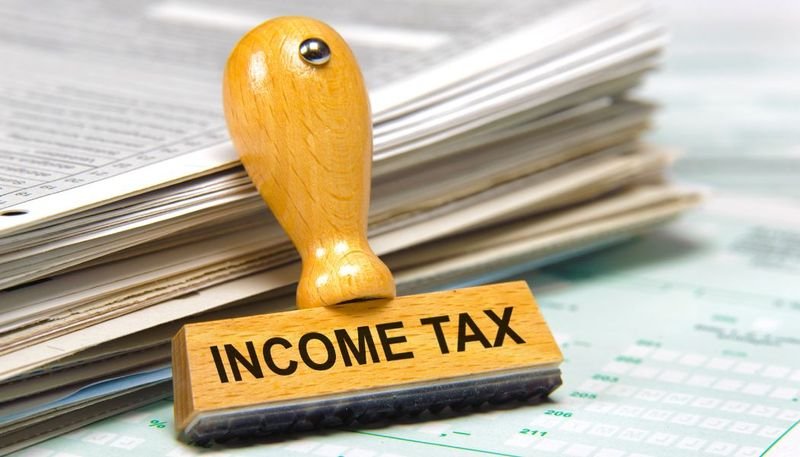– Currently, there are 1.4 crore TIN-holders in the country, but a significant number of them – about 67 lakh – have not submitted tax returns as of 31 May, according to the National Board of Revenue (NBR) data
GBT/TBS: As the gap widens between the number of Bangladeshis with Tax Identification Number (TIN) and those who have actually submitted returns, the country’s revenue authority seems to have accepted the fact that around 40% of TIN-holders may not file their returns this fiscal year.
Currently, there are 1.4 crore TIN-holders in the country, but a significant number of them – about 67 lakh – have not submitted tax returns as of 31 May, according to the National Board of Revenue (NBR) data.
A senior official from the NBR’s income tax department, wishing not to be named, told The Business Standard, “We believe that around 40 lakh TIN-holders will not submit their returns.”
The official said, “Two months ago, we submitted a report to NBR Chairman Abu Hena Md Rahmatul Muneem, explaining the reasons for the decline in return submissions.”
The NBR appears uncertain about how to address these non-compliant TIN-holders. When asked, the official said no decision has yet been made regarding them.
“Once a TIN is registered, it cannot be cancelled arbitrarily. The provision for suspending someone’s TIN due to a lack of income in the 2023-24 budget has had limited impact,” he added.
The income tax department’s report, reviewed by TBS, identifies various reasons for many TIN-holders not submitting tax returns. It suggests that out of 67 lakh people with TIN who did not file returns, 54 lakh likely refrained due to these reasons.
Those who obtained TIN solely for purposes for which TIN is mandatory such as land sales and specific services are unlikely to submit their returns. Similarly, marginal traders who acquired a mandatory TIN for trade licence but whose businesses have since ceased are also unlikely to file returns.
Additionally, factors contributing to non-submission include death, extended periods of no taxable income, lack of awareness, situations where there is no requirement to show proof of submission of returns, and the extension of tax-free income limits which exempt many taxpayers from their tax obligations.
Besides, permanent departure from Bangladesh, closure or dissolution of companies, taxpayers residing abroad, issuance of duplicate TINs to the same individual, and insufficient information in the TIN database were also identified as major factors.
Taxpayers can submit their returns at any time during the fiscal year. The NBR extended the return submission deadline to 31 January this year.
Those who do not meet this deadline may still submit their returns later, either by paying a fine or by applying for an extension.
An analysis of the NBR report reveals that approximately 10 lakh TIN-holders have acquired new TINs and are required to file their returns in the upcoming fiscal 2024-25.
About 5.28 lakh obtained TINs due to requirements related to land sales. Additionally, 3.75 lakh were compelled to obtain TINs for services from various offices.
Approximately 3 lakh individuals did not file returns due to lack of awareness, and over 2.5 lakh belong to the marginal trader category who obtained TINs for trade licences but whose businesses went bust later.
There are around 2.5 lakh TIN-holders who are deceased, and more than 2 lakh people with TIN with no taxable income also did not file returns.
Over 2 lakh individuals who purchased savings instruments up to Tk2 lakh did not submit returns.
Returns for more than 11 lakh TIN-holders are unavailable due to various other reasons mentioned above.
Approximately 1.37 lakh companies registered with the Registrar of Joint Stock Companies and Firms (RJSC) have not submitted returns.
Experts recommend removing TINs from the NBR database for individuals who will not be able to submit tax returns due to logical reasons.
Dr Ahsan H Mansur, executive director of the Policy Research Institute (PRI), told TBS, “TINs belonging to individuals unlikely to file tax returns, such as those deceased or with other logical reasons, should be excluded from the NBR database.”
Additionally, for individuals without taxable income but who are required to file returns, there should be a straightforward and efficient filing process, he said.
Highlighting the need for a legal solution, Mansur said, “In other countries, although cancellation of TINs is challenging, automated management systems facilitate streamlined processes through established procedures. However, achieving similar efficiency is considerably difficult in our country.”

